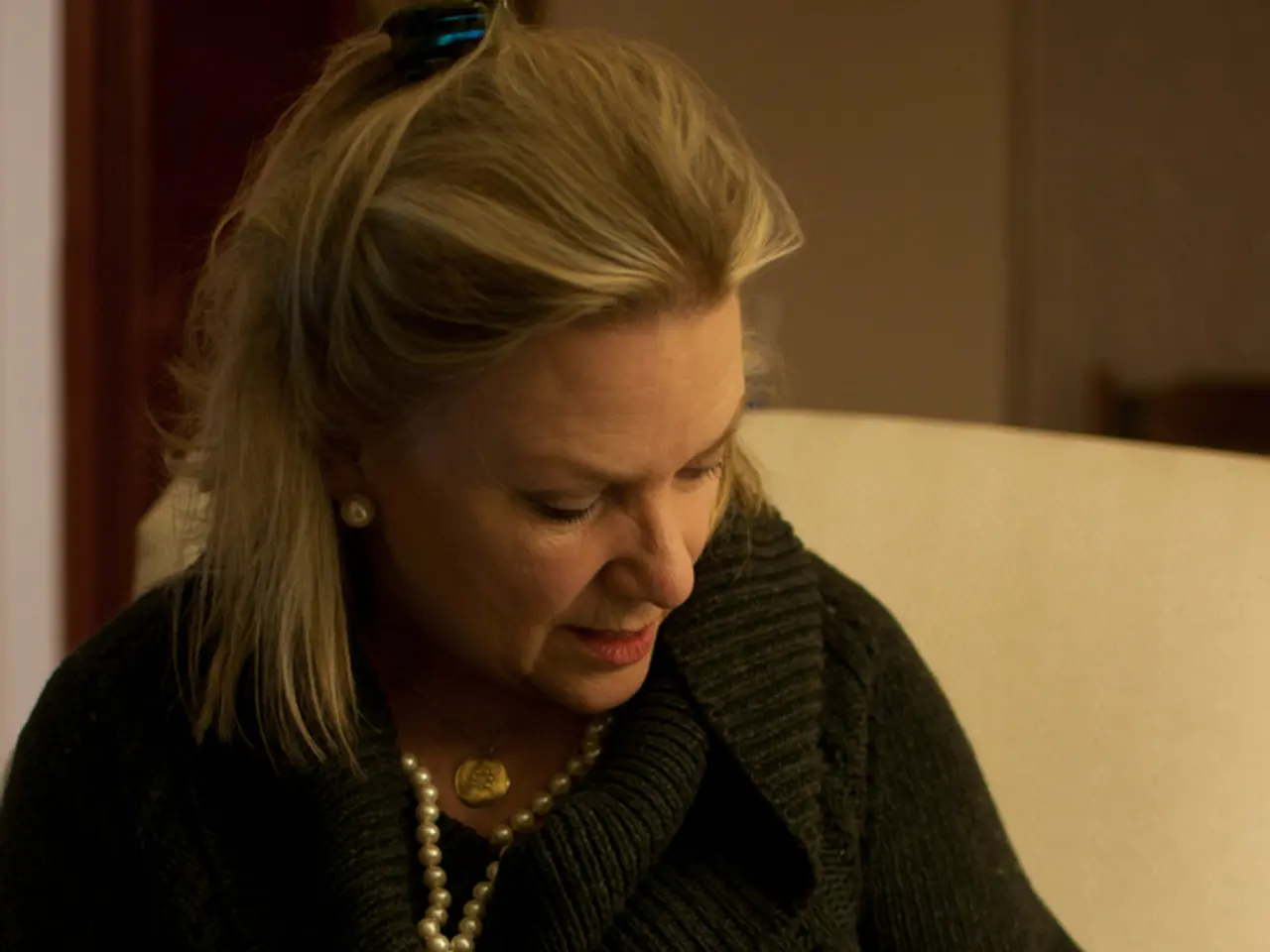Acupuncture as a Fertility Aid: Examining its Efficiency, Security, and Potential Adverse Reactions
Acupuncture, a traditional Chinese medicine practice involving the insertion of thin needles into specific points of the body to stimulate blood flow, is increasingly being recognised as a complementary therapy for infertility. The growing body of scientific evidence supports its benefits for both males and females, although the extent of its effectiveness is still being explored.
In women, acupuncture has shown promising results in reducing stress, pain, and anxiety, which can enhance the overall treatment experience during In Vitro Fertilisation (IVF) and potentially improve outcomes. Studies indicate that acupuncture can improve IVF success rates by increasing pregnancy rates and reducing the risk of miscarriage. Techniques like "Thirteen Needles for Regulating Menstruation and Promoting Pregnancy" have been found to improve serum hormone levels, menstrual conditions, and anxiety symptoms in women with Diminished Ovarian Reserve (DOR). Acupuncture Sequential Therapy, tailored to the menstrual cycle, can also enhance ovarian reserve and improve IVF outcomes.
However, the effects of acupuncture on pregnancy outcomes in women with Polycystic Ovary Syndrome (PCOS) are still emerging, with ongoing research in this area.
For males, while the focus of recent studies has been more on female infertility, there is evidence suggesting that acupuncture can improve sperm quality and motility, although more research is needed to fully understand its effectiveness.
Acupuncture is generally considered safe when performed by licensed practitioners and is often used in conjunction with other fertility treatments to provide holistic support. Many fertility centers are integrating acupuncture and other Traditional Chinese Medicine (TCM) modalities into their treatment protocols to offer comprehensive care.
It is important to note that while the evidence is promising, further research is necessary to fully establish the role of acupuncture in treating infertility in both men and women. A study conducted on 800 women found no significant difference in live birth rates between women who underwent acupuncture and those in the sham control group during IVF. Similarly, studies on the use of acupuncture for fertility problems in males have been poorly designed or have not come to solid conclusions.
Anyone wishing to try using acupuncture to help treat fertility issues should speak to a doctor first. A qualified acupuncturist is essential to minimise the risks associated with acupuncture, such as injury, punctured lung, bleeding, bruising, or infection from unsterilised needles. The FDA regulations require acupuncture needles to be sterile, nontoxic, and labelled for single use.
Infertility, defined as being unable to conceive after one year of unprotected sex, affects about 12% of women aged 15-44. Infertility in couples can be due to factors in both males and females. Male factors are identified in around 40% of infertility cases in couples actively trying to conceive.
In conclusion, while the current scientific evidence supports the use of acupuncture as a complementary therapy for infertility, particularly for women undergoing IVF, further research is needed to fully understand its effectiveness and establish its role in treating infertility in both men and women. The safety of acupuncture is ensured when practitioners use sterile, proper equipment. It is always advisable to consult a healthcare professional before starting any new treatment.
- Acupuncture, a traditional Chinese practice, can reduce stress, pain, and anxiety in women with infertility, potentially improving their IVF outcomes and success rates.
- Techniques like "Thirteen Needles for Regulating Menstruation and Promoting Pregnancy" can improve serum hormone levels, menstrual conditions, and anxiety symptoms in women with Diminished Ovarian Reserve (DOR).
- In women with Polycystic Ovary Syndrome (PCOS), the effects of acupuncture on pregnancy outcomes are still emerging, with ongoing research aimed at understanding its role.
- For males, acupuncture may improve sperm quality and motility, but more research is needed to fully understand its effectiveness in treating infertility.
- To ensure safety, anyone considering acupuncture as a therapy for infertility should consult a qualified acupuncturist, use sterile equipment, and follow FDA regulations for acupuncture needle safety.




